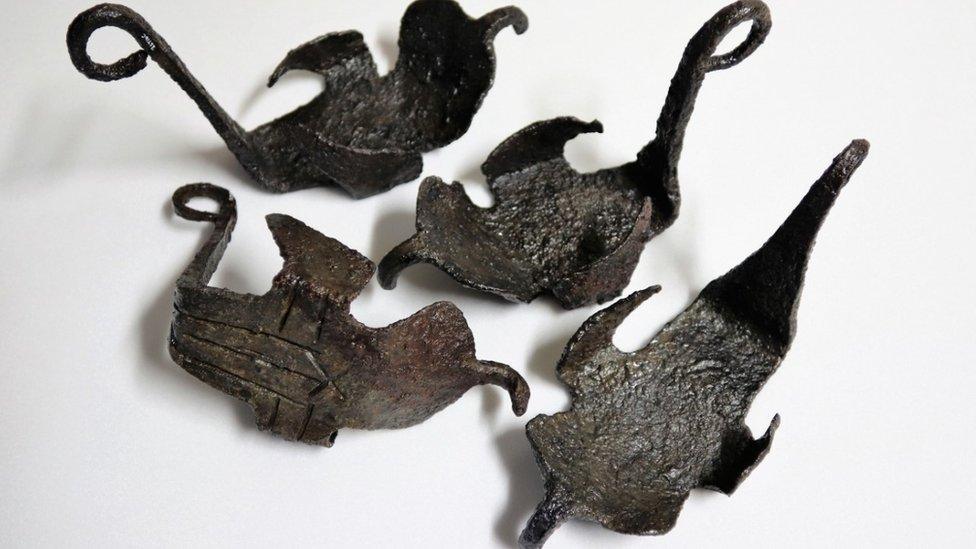Campaigners call for focus on Hadrian's Wall 1,900-year ethnic history
- Published
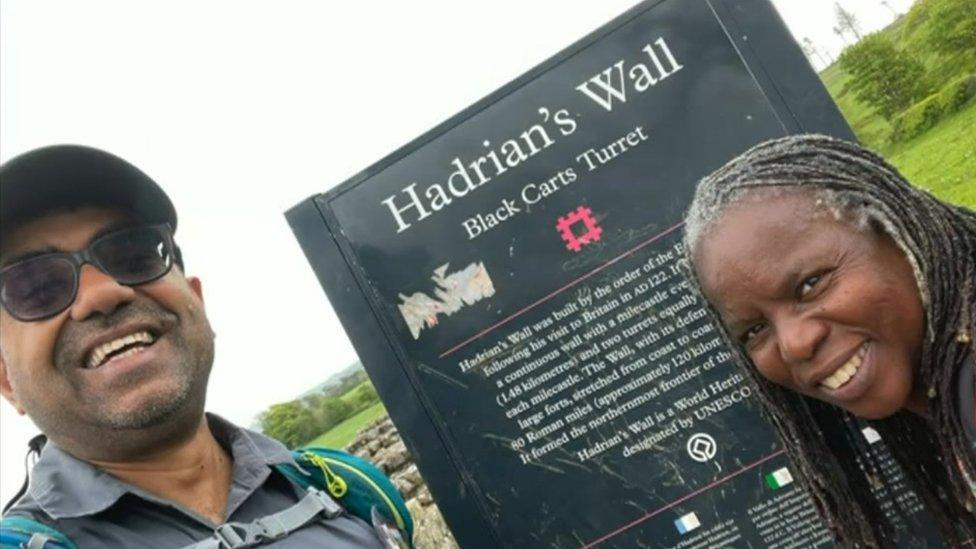
Campaigners believe more outreach work needs to be done with diverse communities
Celebrations to mark the 1,900th anniversary of Hadrian's Wall have missed a chance to acknowledge the contribution of ethnic communities to the area, it has been claimed.
Mohammed Dhalech said African and Middle Eastern people got little mention on the 73-mile (118km) route.
The campaigner said more needed to be done to engage ethnic minorities in the area's history.
Organisers of the year of events said it was an issue they were tackling.
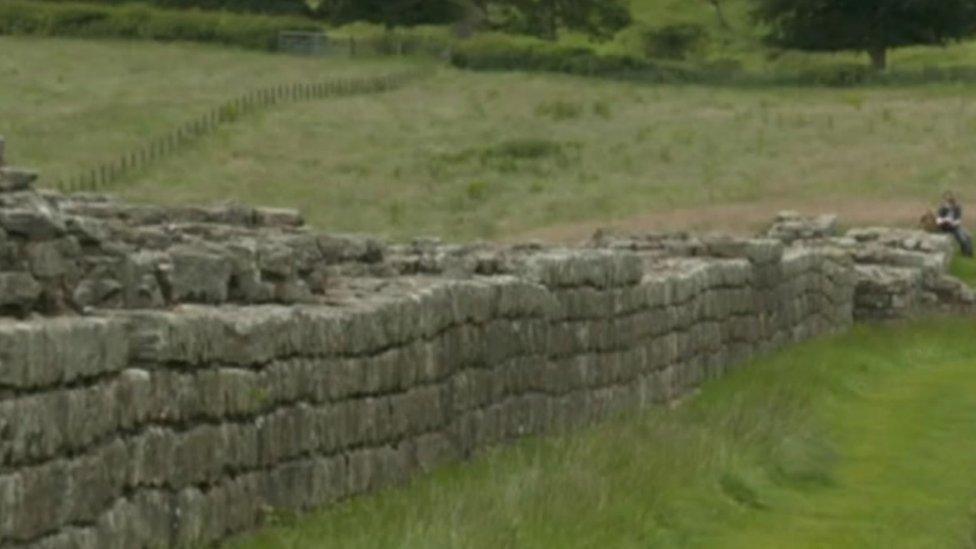
Festival organisers said the year-long events programme was not about the Romans but the area's diverse history
Mr Dhalech, who campaigns to engage black and minority ethnic communities to access the countryside and outdoors, said not enough people were aware of the area's diverse history.
He said this included the fact that the first recorded African community to guard a fort in Britain 1,800 years ago was in Burgh by Sands near Carlisle.
Mr Dhalech, who is also the equality, diversity and inclusion manager for the Cumbria Fire and Rescue Service, said that apart from details of Syrian archers there were few mentions along the wall of the role diverse groups played.
He said: "It's really important to highlight the contribution made to the wall's history by diverse communities and to engage with them.
"We need to do some outreach work with those communities."
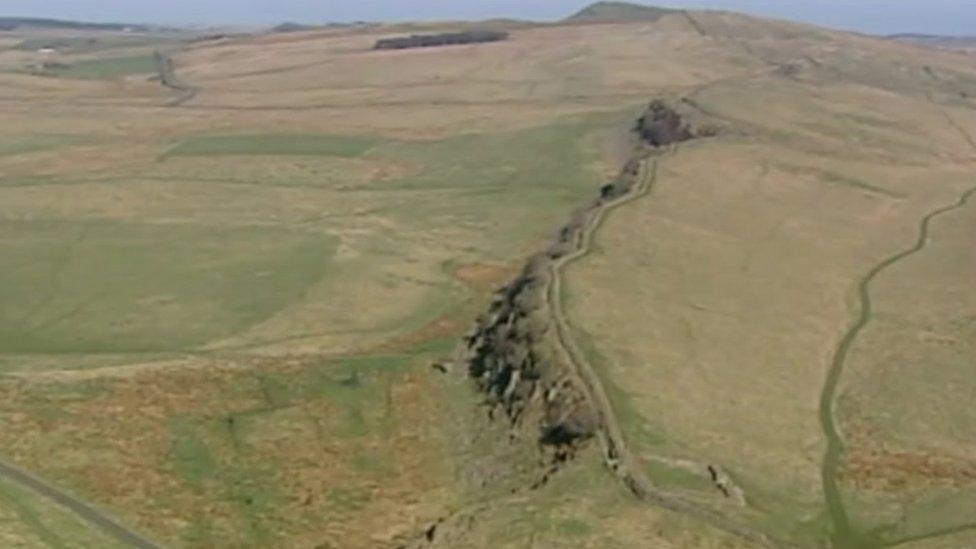
The festival also has community grants available for local groups to apply for and run multicultural events
Bill Griffiths, is one of the organisers of the Hadrian's Wall 1900 Festival project during which hundreds of events and activities are taking place during 2022., external
'Not about Romans'
He said he thought the criticism was "fair" but work was under way to address the issue.
He said: "It's not a festival about Romans but the site and we've got various programmes over the summer working with community groups to present more of that multi-culturalism, an ever bigger story on the frontier."
He also said a good example of showcasing the area's diverse history was the display of the tombstone of freed slave Victor the Moor from north Africa, at Arbeia Fort, in South Shields.
The festival has community grants available for local groups to apply for and run multicultural events, Mr Griffiths added.
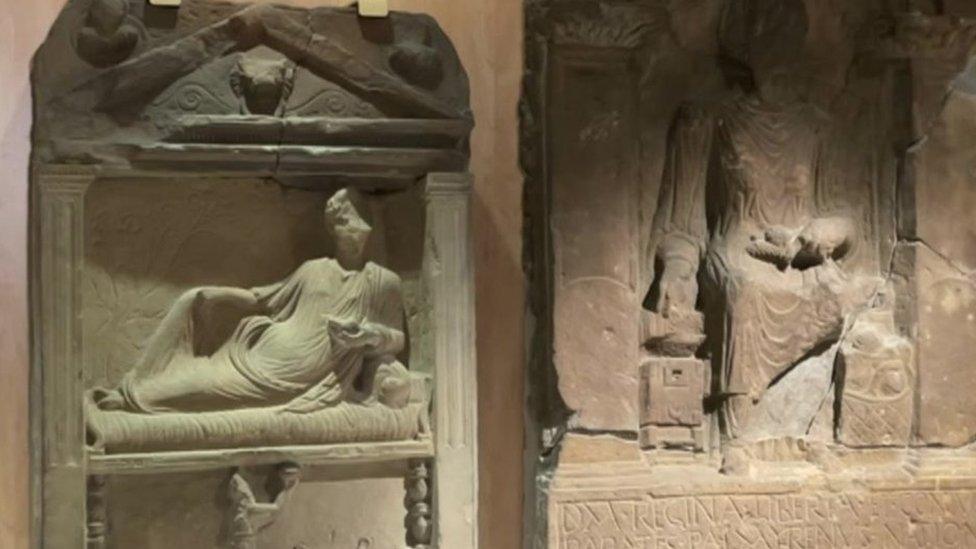
The tombstone of a freed slave from north Africa at Arbeia Fort in South Shields
Fellow-campaigner Jacqueline Scott, who walked the route with Mr Dhalech, said: "I came here to honour the ancestors, the black history that is right here in the English countryside."
Hadrian's Wall was the north-west frontier of the Roman empire for nearly 300 years.
It was built by the Roman army on the orders of the emperor Hadrian following his visit to Britain in AD 122.
At 21:35 BST on Thursday, Northumberland pipers, buglers and local choirs along Hadrian's Wall will play and sing ahead of the lighting of Platinum Jubilee Beacons at 22:00 across the UK.

Follow BBC North East & Cumbria on Twitter, external, Facebook, external and Instagram, external. Send your story ideas to northeastandcumbria@bbc.co.uk, external.
Related topics
- Published30 May 2022
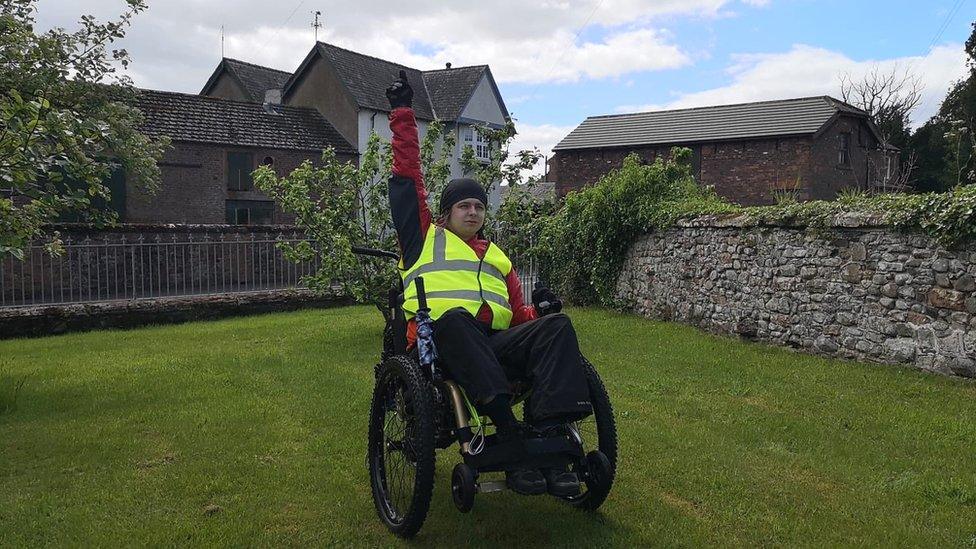
- Published26 May 2022
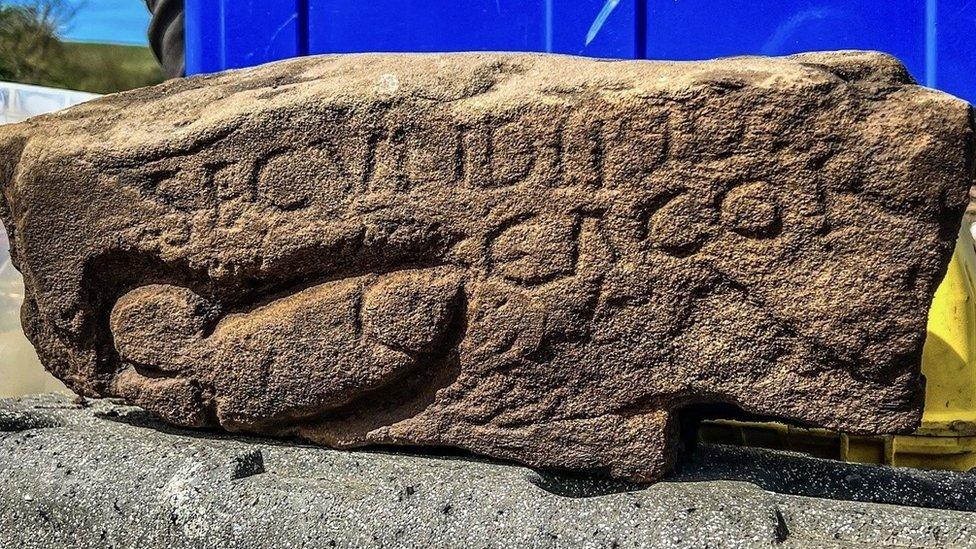
- Published10 April 2022
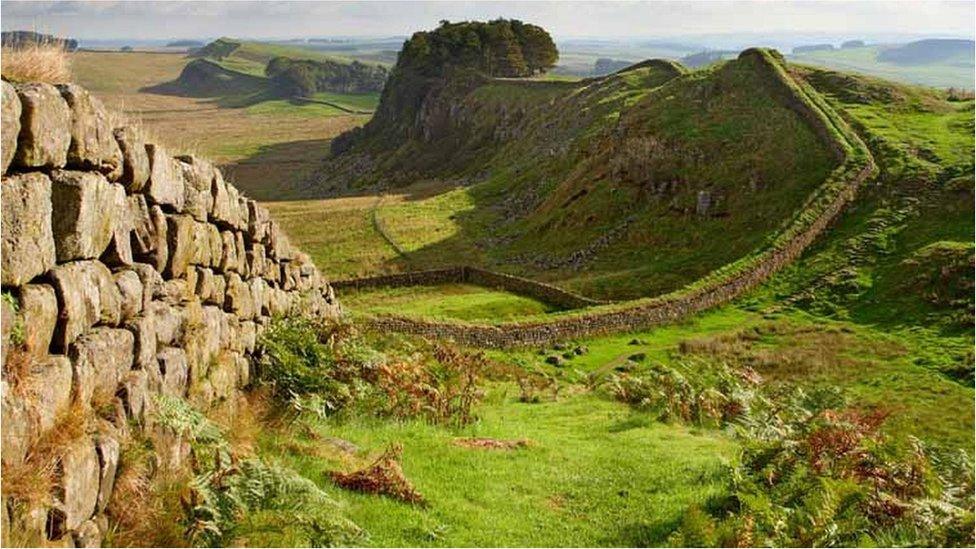
- Published22 February 2020
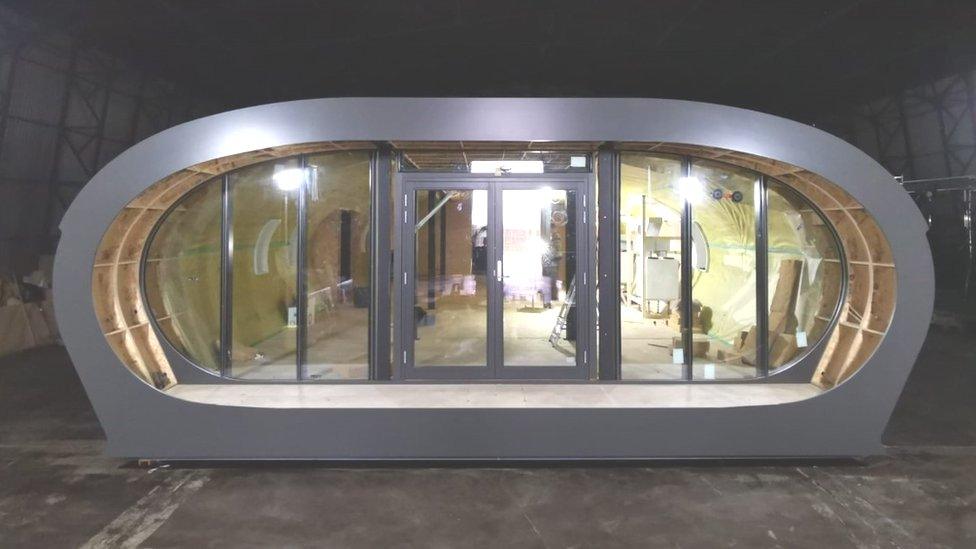
- Published4 August 2018
